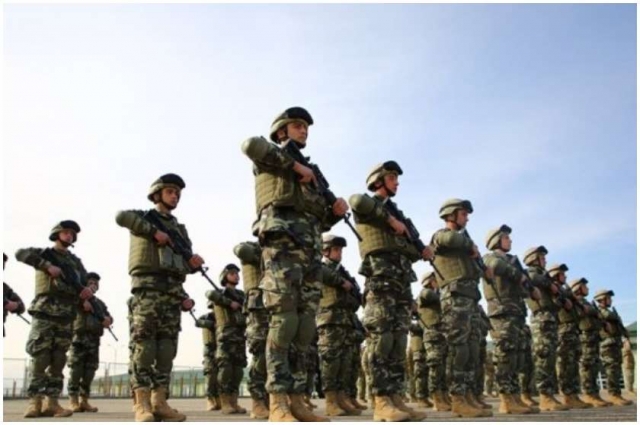Multinational Exercise Noble Partner 2020 Officially Launches In Georgia
Today, September 7, multinational exercise Noble Partner 2020 will be officially launched in Georgia, at the IV Mechanized Brigade in Vaziani.
The program represents a cooperatively-led exercise hosted by the Georgian Defense Force and US Army Europe at the Vaziani and Camp Norio training areas in Georgia.
Exercise Noble Partner is designed to enhance regional partnerships and increase US force readiness and interoperability in a realistic, multinational training environment. The exercise allows participants to conduct situational training exercises, live-fire exercises, and combined mechanized maneuvers.
After careful consideration and coordination with the Georgian Ministry of Defense, Noble Partner 20 was modified from its original design and reduced to ensure the safety of all participants due to COVID-19.
COVID-19 precautionary measures will be taken to ensure the health and protection of the participating armed forces and the local population. Additionally, prior to arriving in Georgia, exercise participants completed a 14-day quarantine and underwent testing for COVID-19.
Soldiers from the 2nd Cavalry Regiment, along with the military personnel of the 18th Military Police Brigade have already arrived in Georgia to take part in the military exercise.
“The exercise Noble Partner demonstrates how allied forces are continuing to work and train together, even under the demanding conditions of the COVID pandemic,” said the US Embassy to Georgia.
"Today, as a part of the joint military exercise, 'Noble Partner 2020,' a motorcade of US Army troops and equipment passed through the historical city Gori, known as one of the oldest cities in Georgia. Gori maintains strategic importance due to its location on the principal highway connecting the eastern and western parts of Georgia,” the Embassy noted on September 6.
Exercises like Noble Partner 20 continue to demonstrate that NATO allies and partners stand stronger together with US commitment to stability and security in the region.
By Ana Dumbadze












